Short answer: The FDA has approved lenacapavir, sold under the brand name Yeztugo. This new HIV prevention injection works almost 100% of the time in large trials. It's given only twice a year, which makes it easier to stick with and keeps your privacy. It's a big step forward in the fight against HIV, but it's still too expensive and hard to get to in some parts of the world.
What Is Lenacapavir? A First‑in‑Class Capsid Inhibitor
Lenacapavir is a novel antiretroviral known as a capsid inhibitor; it works by disrupting HIV’s protective shell and blocking multiple stages of viral replication. Initially approved in 2022 for drug-resistant HIV treatment, it got FDA approval in June 2025 as a twice-yearly injectable for HIV‑negative adults and adolescents over 35 kg who are at risk of acquiring HIV. Yeztugo was shown in Phase III trials to deliver at least 99.9 % protection, meaning nearly zero cases in high‑risk participants.
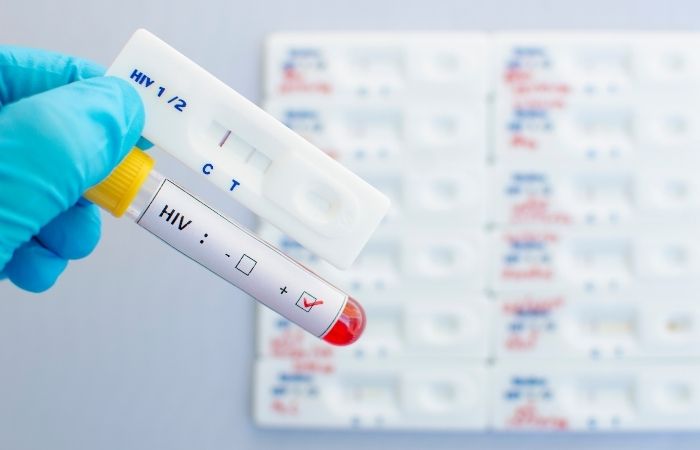
People are also reading: Can You Trust an App with Your STD Diagnosis?
How It Works: Just Two Shots a Year
Administered subcutaneously every six months, lenacapavir replaces daily pills or bi-monthly injections like cabotegravir (Apretude). In trials, protected individuals included cisgender women (96 % efficacy) and men who have sex with men/gender-diverse individuals (100 % efficacy). WHO and global health authorities quickly endorsed it, calling for inclusion in national HIV prevention strategies, especially for people with adherence barriers to daily PrEP.
Why It’s a Breakthrough, But Not Without Trade‑Offs
This inject-and-forget model can greatly improve adherence and privacy, but it comes at a steep price. In the U.S., list price is over $28,000/year per person. Gilead has licensed generic production to expand access in 120 low/middle-income countries, and deals aim to supply low-cost doses, while high-cost pricing still limits reach in many regions.
How It Compares to Other Long‑Acting Options
Before lenacapavir, cabotegravir injectable PrEP, approved in 2021, was the only long-acting PrEP option, requiring injections every two months (Apretude). Cabotegravir combined with rilpivirine also serves as a once- or bi-monthly treatment regimen for people with stable HIV viral suppression (Cabenuva). Lenacapavir’s twice-year schedule eases visit burden, and is already being piloted in African settings in cost-effectiveness studies.
Check Your STD Status in Minutes
Test at Home with RemediumHIV Rapid Test Kit
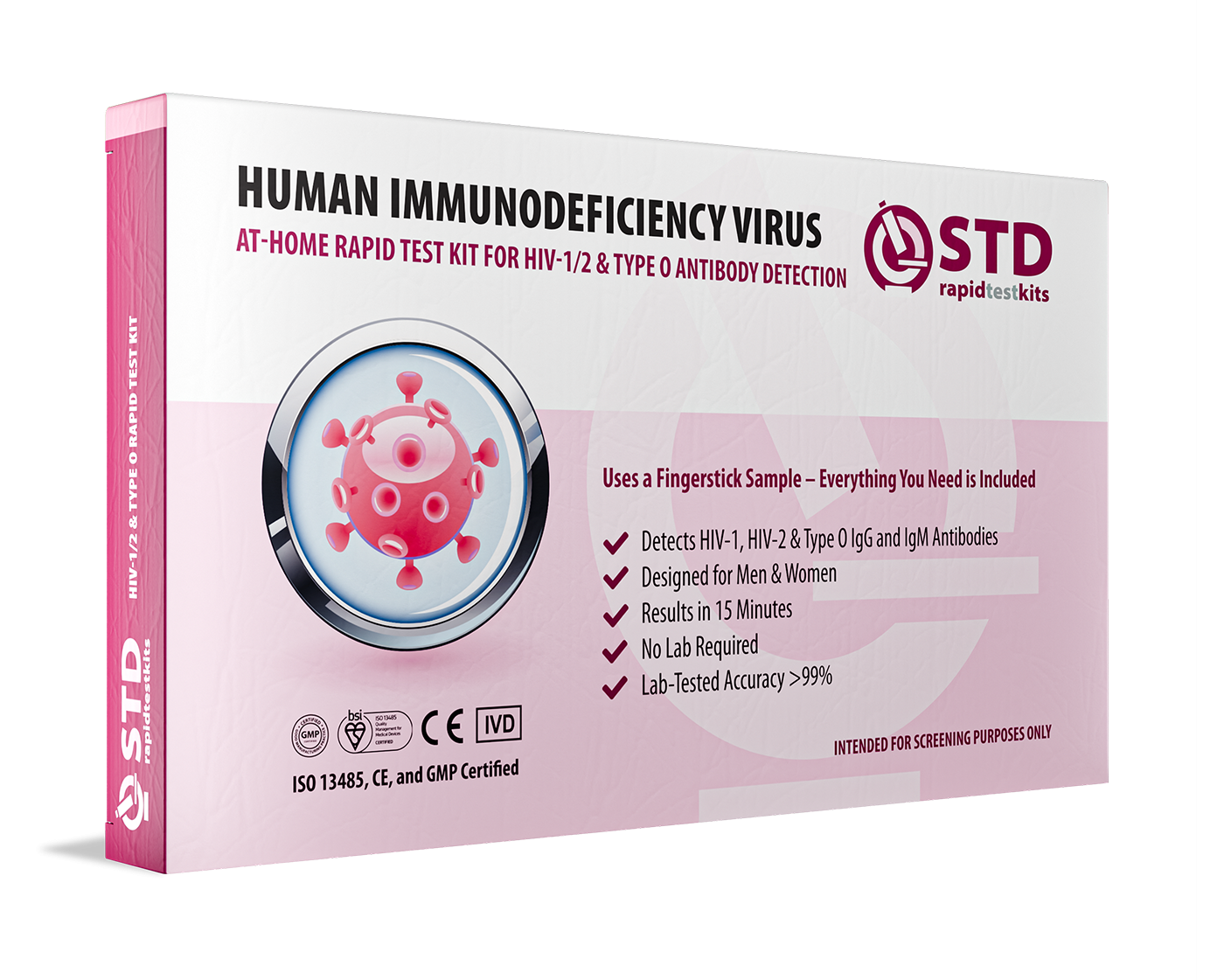
 For Men & Women
For Men & Women Results in Minutes
Results in Minutes No Lab Needed
No Lab Needed Private & Discreet
Private & DiscreetOrder Now $33.99 $49.00
Who Can Use Yeztugo, and Who Shouldn’t
Yeztugo, the commercial name for lenacapavir, is approved for use in HIV-negative adults and adolescents weighing at least 35 kilograms who are at risk of sexually acquired HIV. Before receiving this injection, individuals must confirm their HIV-negative status using an FDA-approved antigen/antibody or RNA test. This step is not optional, starting lenacapavir while unknowingly HIV-positive can result in rapid development of drug-resistant virus strains. That’s because lenacapavir, unlike older PrEP drugs, is a single-agent capsid inhibitor. If used alone during undiagnosed HIV infection, the virus can evolve and become far harder to treat. For this reason, healthcare providers require pre-injection HIV testing not only for first-time users but before every subsequent dose.
There are a few important limits. People who have had allergic reactions to lenacapavir or any part of the injection before should not use Yeztugo. There isn't enough long-term data to recommend it during pregnancy right now, but studies are being done. People with weakened immune systems, especially those with liver or kidney problems, may need extra monitoring. Interactions with other drugs, such as some anticonvulsants, antifungals, and herbal products, must be carefully reviewed with a provider because the drug is broken down by the CYP3A pathway.
The Effect in the Real World: Access, Fairness, and Cost
Yeztugo is a big step forward in preventing HIV, but it also shows that people around the world still don't have equal access to healthcare. The estimated list price in the US is more than $28,000 per patient per year, which is more than daily oral PrEP options like Truvada or Descovy. It might be covered for people with private insurance or Medicaid, but the co-pays and requirements for prior authorization are different. Without help programs, people who don't have insurance may not be able to get past impossible barriers.
Gilead has worked with the Medicines Patent Pool and given the drug to generic drug companies so they can sell it in more than 120 low- and middle-income countries. The goal is to offer versions that cost less than $100 a year, but the rollout has been slow. Logistics are still hard, especially in rural areas where clinics that can give injections or do regular HIV tests are hard to get to.
Advocates say that the price of this drug will determine whether or not it is successful. "An injection that costs more than a car payment isn't public health progress unless everyone can actually get it," said one activist at the 2025 IAS Conference. Equity is more than just having access; it also means having the right infrastructure, training, education, and trust.
Injection vs. Pill: Why Yeztugo May Be a Game-Changer
Why would someone choose an injection over a daily pill? The answer is layered: stigma, adherence, and convenience. Daily oral PrEP requires remembering medication every single day and explaining that bottle to partners, roommates, or nosy relatives. For many, especially LGBTQ+ youth and people in conservative environments, the mental and emotional toll is real. Yeztugo simplifies this. Two appointments per year, minimal reminders, and no daily burden.
Studies also show that long-acting formulations make people much more likely to stick with their treatment. In trials, more than 95% of participants came back for their scheduled injections. In real life, only 65–70% of people who took daily pills did the same. Yeztugo means freedom for people who don't have stable housing, have mental health problems, or just have busy lives. You only have to show up twice a year, so you don't have to think about it every day.
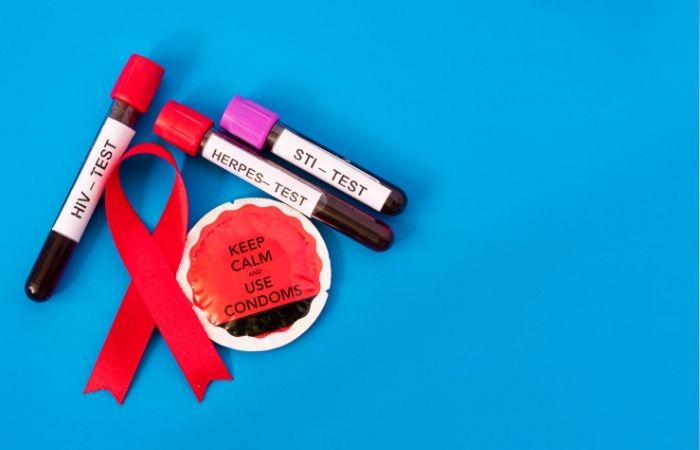
People are also reading: I Got Ghosted After a Hookup, Then I Tested Positive for Chlamydia
The Science Behind Lenacapavir: How It Actually Works
Lenacapavir is a new type of antiretroviral called a capsid inhibitor. This is very different from the reverse transcriptase inhibitors that are used in most oral PrEP options. The HIV capsid is a protein shell that protects the viral RNA and helps with important processes like transport, replication, and integration into the DNA of the host. Lenacapavir stops HIV from getting a foothold in the body by breaking down this shell. What makes it revolutionary isn't just how it works, but also how long it lasts. The injection makes a crystalline depot under the skin that releases the medicine into the blood slowly over six months.
Lenacapavir doesn't need to be taken every day or even every month, so the drug stays at steady levels with little change. This cuts down on missed doses and peaks and troughs that can cause side effects or resistance. It's one of the first HIV preventives with a long half-life, which gives researchers hope for more long-acting drugs for other infections and diseases.
Why the 24-Hour Rule Still Applies: Timing Is Key
Timing is still very important, even with a long-acting injection like Yeztugo. The drug only works when a person is HIV-negative, and it doesn't work after the fact. So, if you've recently had high-risk exposure, had unprotected sex, had a condom break, or shared needles, Yeztugo won't take the place of PEP (post-exposure prophylaxis). PEP needs to be started within 72 hours of an emergency and lasts for 28 days with antiretrovirals. Yeztugo is not a medicine; it's a way to keep people from getting sick.
This 24-hour window is also critical between suspected exposure and any testing. If you believe you may have been exposed to HIV recently, you must wait long enough for reliable detection but not so long that you miss the opportunity to intervene. This is why clinicians are careful to evaluate timelines before administering Yeztugo, and why retesting may be required if any ambiguity exists.
Will Yeztugo take the place of other PrEP options?
Not really. Yeztugo is a new and exciting choice, but it's not the answer to everything. Some people will still want to take pills every day because they are used to them, they are easier to manage on their own, or they are cheaper. Some people may want to talk to their providers more often, especially if they have other STIs or long-term health problems.
More importantly, not all bodies are alike. Some people may not tolerate the injection well or may have underlying medical conditions that make it less suitable. In addition, the requirement for HIV-negative confirmation before each dose can be a barrier for individuals with poor access to clinics or labs. For now, Yeztugo joins a growing menu of PrEP options, not a replacement, because true prevention is about choices, not one-size-fits-all solutions.
Check Your STD Status in Minutes
Test at Home with Remedium10-in-1 STD Test Kit
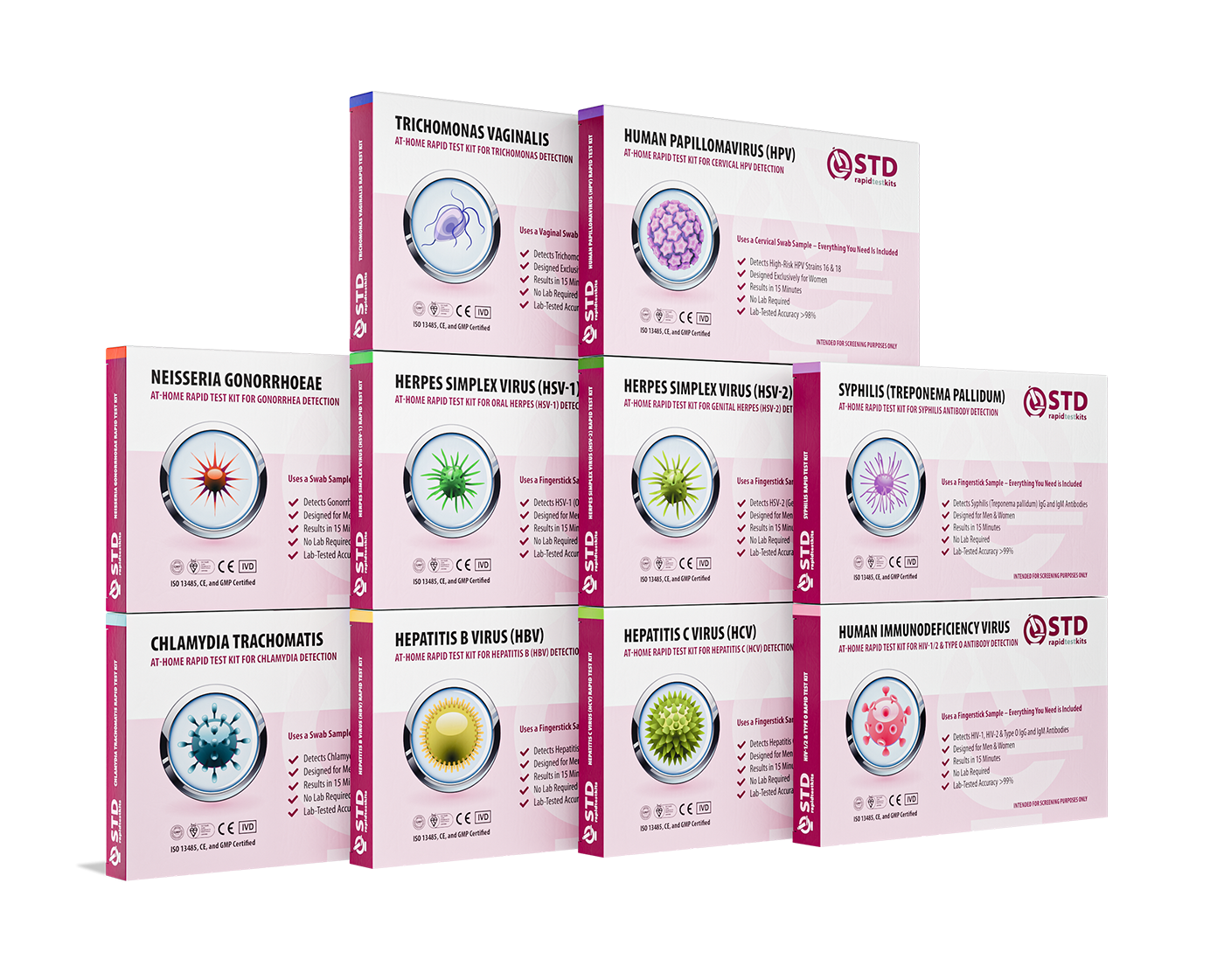
 For Women
For Women Results in Minutes
Results in Minutes No Lab Needed
No Lab Needed Private & Discreet
Private & DiscreetOrder Now $189.00 $490.00
For all 10 tests
The Science Behind Lenacapavir: How It Actually Works
Lenacapavir is a new type of antiretroviral called a capsid inhibitor. This is very different from the reverse transcriptase inhibitors that are used in most oral PrEP options. The HIV capsid is a protein shell that protects the viral RNA and helps with important processes like transport, replication, and integration into the DNA of the host. Lenacapavir stops HIV from getting a foothold in the body by breaking down this shell. What makes it revolutionary isn't just how it works, but also how long it lasts. The injection makes a crystalline depot under the skin that releases the medicine into the blood slowly over six months.
Lenacapavir doesn't need to be taken every day or even every month, so the drug stays at steady levels with little change. This cuts down on missed doses and peaks and troughs that can cause side effects or resistance. It's one of the first HIV preventives with a long half-life, which gives researchers hope for more long-acting drugs for other infections and diseases.
Why the 24-Hour Rule Still Applies: Timing Is Key
Timing is still very important, even with a long-acting injection like Yeztugo. The drug only works when a person is HIV-negative, and it doesn't work after the fact. So, if you've recently had high-risk exposure, had unprotected sex, had a condom break, or shared needles, Yeztugo won't take the place of PEP (post-exposure prophylaxis). PEP needs to be started within 72 hours of an emergency and lasts for 28 days with antiretrovirals. Yeztugo is not a medicine; it's a way to keep people from getting sick.
This 24-hour window is also critical between suspected exposure and any testing. If you believe you may have been exposed to HIV recently, you must wait long enough for reliable detection but not so long that you miss the opportunity to intervene. This is why clinicians are careful to evaluate timelines before administering Yeztugo, and why retesting may be required if any ambiguity exists.
Will Yeztugo take the place of other PrEP options?
Not really. Yeztugo is a new and exciting choice, but it's not the answer to everything. Some people will still want to take pills every day because they are used to them, they are easier to manage on their own, or they are cheaper. Some people may want to talk to their providers more often, especially if they have other STIs or long-term health problems.
More importantly, not all bodies are alike. Some people may not tolerate the injection well or may have underlying medical conditions that make it less suitable. In addition, the requirement for HIV-negative confirmation before each dose can be a barrier for individuals with poor access to clinics or labs. For now, Yeztugo joins a growing menu of PrEP options, not a replacement, because true prevention is about choices, not one-size-fits-all solutions.
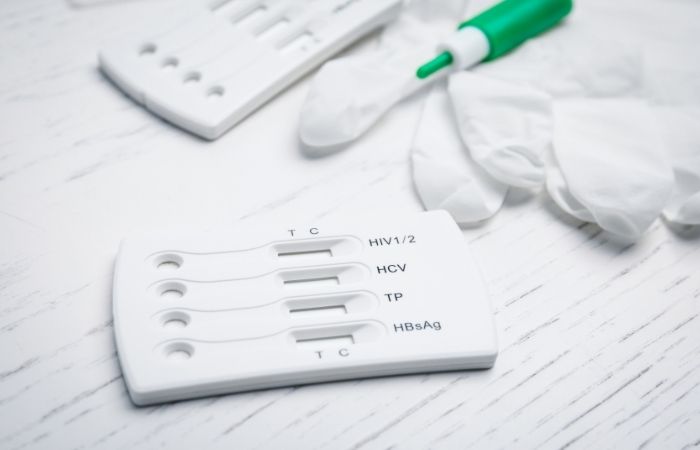
People are also reading: What Is Herpes?
FAQS
1. How often do you need to get the Yeztugo shot?
Every six months. Before each dose, you will need to use an approved test to make sure you are still HIV-negative.
2. Does it keep you from getting other STDs?
No. Yeztugo stops HIV, but it doesn't stop gonorrhea, chlamydia, herpes, or syphilis. To stay completely safe, use condoms or other barriers.
3. What happens if I forget to go to my next injection appointment?
You might have to start the loading phase over again or use oral PrEP as a bridge. If you're behind schedule, call your provider right away.
4. Is it okay to take Yeztugo while taking hormones?
Yes. There are no known interactions between lenacapavir and most gender-affirming hormone therapies, but you should always talk to your doctor about all of your medications.
5. Does it hurt?
The shot is given under the skin, usually in the stomach. Some people say they feel sore or swollen, but most people don't mind it.
6. Can teens get Yeztugo?
Yes, teens who weigh more than 35 kg can use it, but in some countries or states, they may need their parents' permission.
7. Is it safe to take Yeztugo while pregnant?
There isn't a lot of information. Studies are still going on, so it's not yet officially recommended during pregnancy. Talk to your doctor if you are pregnant or want to be.
8. Do I still need to get tested for HIV?
Of course. You need to get tested regularly before each dose to make sure you are still HIV-negative and to avoid resistance.
9. Is it available in all places?
No. Availability depends on the approvals and supply chains in each country. It's now being rolled out in the U.S. and some parts of the EU.
10. Where can I get a private test before my shot?
STD Rapid Test Kits offers accurate, discreet, at-home HIV test kits you can use before your appointment to confirm your status.
What This Means for the Future of HIV Prevention
The FDA approval of Yeztugo isn’t just another pharmaceutical milestone, it’s a paradigm shift. It proves that long-acting prevention is no longer science fiction, and that HIV care can be streamlined, discreet, and stigma-resistant. For people tired of pill bottles and daily reminders, for those who’ve slipped through cracks in prevention coverage, and for communities where trust in the medical system is low, Yeztugo could offer a new kind of freedom: the ability to protect yourself without negotiating daily access or social scrutiny.
But innovation without access is just privilege in disguise. This injection only changes lives if it reaches the people who need it most. That means clearer guidance, wider insurance coverage, global licensing, and real education that cuts through the shame and myths around HIV. Because PrEP isn’t just for gay men, or white people, or those in cities, it’s for everyone with a body that can be touched, loved, or harmed.
Sources
1. WHO – WHO Recommends Injectable Lenacapavir for HIV Prevention
2. Wikipedia – Lenacapavir (Yeztugo/Sunlenca)
3. UNC Health News – Groundbreaking Twice-Yearly HIV Prevention Injection Approved by FDA
4. PBS NewsHour – How a New Twice-Yearly Drug Is Prompting Hopes of Curbing HIV Cases
5. Gilead Sciences – Yeztugo (Lenacapavir) Now FDA-Approved for HIV Prevention










